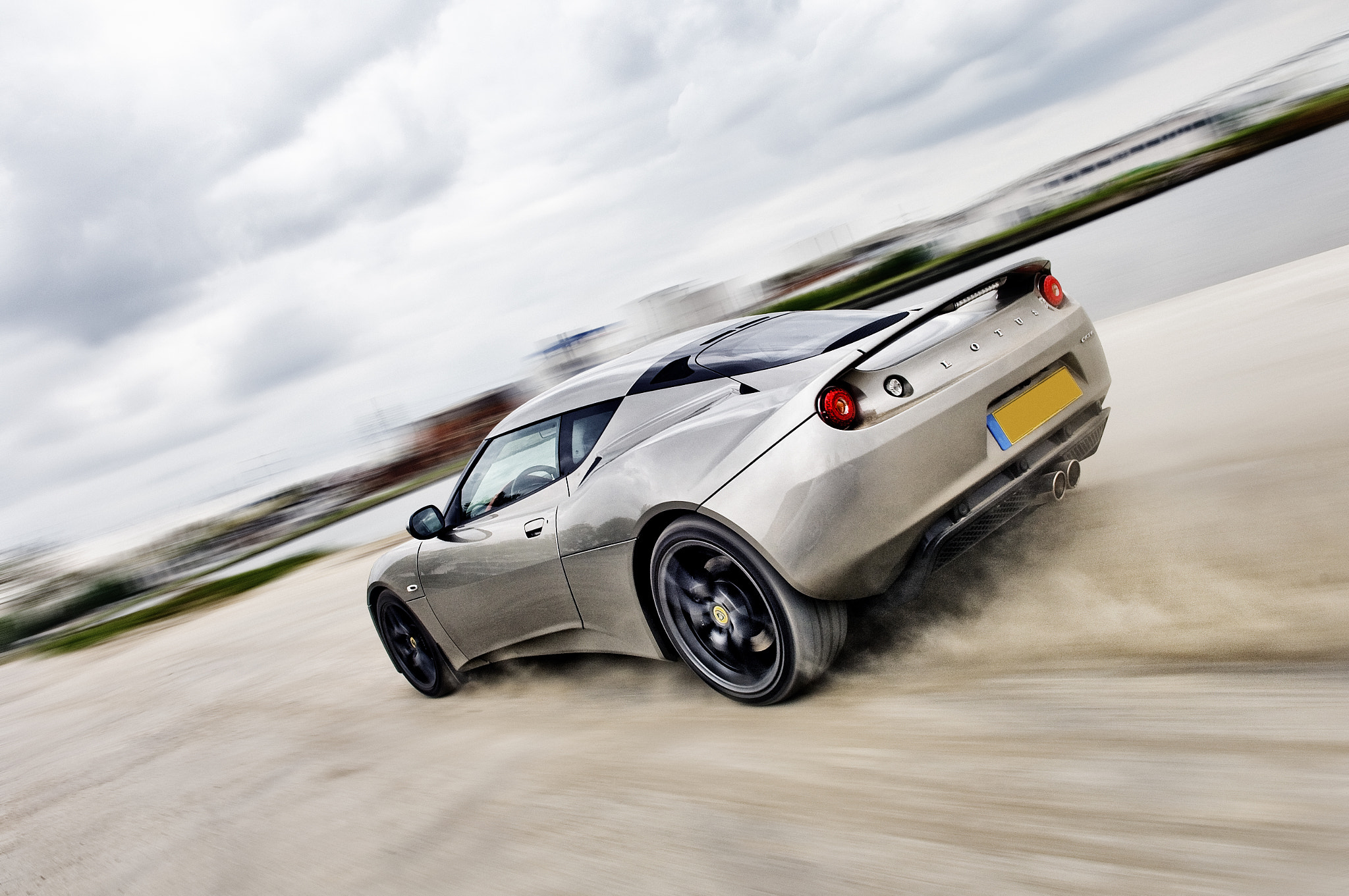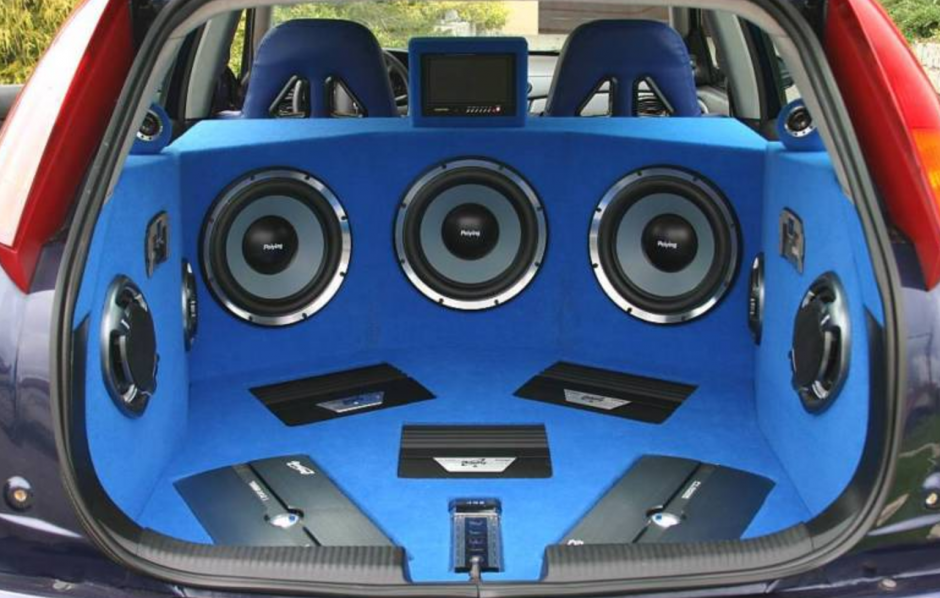
 China Automotive Technology & Research Center - An independent research institution commissioned by the Ministry of Industry and Information Technology, to research, develop and draft the standards for fuel consumption limits of motor vehicles. 1999: Tailpipe emission standards are finalized, sulfur contents in gasoline are reduced, and various boats/other marine vehicles using diesel had reduced emission limits for NOx and PM. In short, the EU forms the policy (by setting limits such as the European emission standard) and the member states decide how to best implement it in their own country. United States Department of Transportation (DOT) with automobile safety as one of its purposes. The European Union has control over regulation of emissions in EU member states; however, many member states have their own government bodies to enforce and implement these regulations in their respective countries. 1983: For areas with big pollution problems, Inspection and Maintenance programs were created, meaning vehicles would need to get tested for emissions. Because the starter-generator was directly coupled to the engine it did not need a method of engaging and disengaging the motor drive. Many of those came into fruition due to need for cleaner vehicles.
China Automotive Technology & Research Center - An independent research institution commissioned by the Ministry of Industry and Information Technology, to research, develop and draft the standards for fuel consumption limits of motor vehicles. 1999: Tailpipe emission standards are finalized, sulfur contents in gasoline are reduced, and various boats/other marine vehicles using diesel had reduced emission limits for NOx and PM. In short, the EU forms the policy (by setting limits such as the European emission standard) and the member states decide how to best implement it in their own country. United States Department of Transportation (DOT) with automobile safety as one of its purposes. The European Union has control over regulation of emissions in EU member states; however, many member states have their own government bodies to enforce and implement these regulations in their respective countries. 1983: For areas with big pollution problems, Inspection and Maintenance programs were created, meaning vehicles would need to get tested for emissions. Because the starter-generator was directly coupled to the engine it did not need a method of engaging and disengaging the motor drive. Many of those came into fruition due to need for cleaner vehicles.
As batteries became more common in cars (due to the increased usage of electric starter motors), magneto systems were replaced by systems using an induction coil. FCEV - Fuel Cell Electric Vehicle - vehicle drives on electrical energy generated by hydrogen fuel cell. CAV - Compressed Air Vehicle - vehicle drives on energy harvested from expansion of compressed air. Energy recuperated is used for propulsion and auxiliary functions. There are numerous versions of vehicle propulsion systems. Though there were steam, electric, and internal combustion vehicles introduced in the early days, the Armstrong Phaeton was innovative with many firsts. HEV - Hybrid Electric Vehicle - vehicle drives either with or without combustion engine. MHV - Mild Hybrid Vehicle - vehicle drives with combustion engine. The internal combustion engines of the time were powered by gasoline. ICEV - Internal Combustion Engine Vehicle - vehicle drives on internal combustion engine. Nuclear-Powered Vehicle - vehicle drives on energy generated by nuclear reaction. Recuperated energy is used for auxiliary functions like engine restart.
In 2004, Snoop Dogg's music video, "Drop It Like It's Hot", featuring Pharrell, a 2004 Rolls-Royce Phantom is showing its installation hydraulics by tilting on the two left wheels, behind Snoop Dogg rapping. For its initial three cables, the Ferries & Cliff House Railway constructed a three-story structure to house two 450 horsepower (340 kW) coal-burning steam engines. The steam engine was invented in the late 1700s, and the primary method of powering engines and soon, locomotives. In Texas, the Texas Railroad Commission is responsible for regulating emissions from LPG-fueled rich burn engines (but not gasoline-fueled rich burn engines). Provincial and Municipal Environmental Protection Bureaus - At the provincial and municipal level these Bureaus are responsible for enforcing regulations such as those related to vehicle emissions. This technical specification was later codified in Title 21, Division 2, Chapter 16 of the California Code of Regulations. For example, in the United States, overall responsibility belongs to the EPA, but due to special requirements of the State of California, emissions in California are regulated by the Air Resources Board. 1993: Began developing new vehicle technology to help triple the fuel economy in family sedans, thus reducing harmful emissions.
Comments
Post a Comment